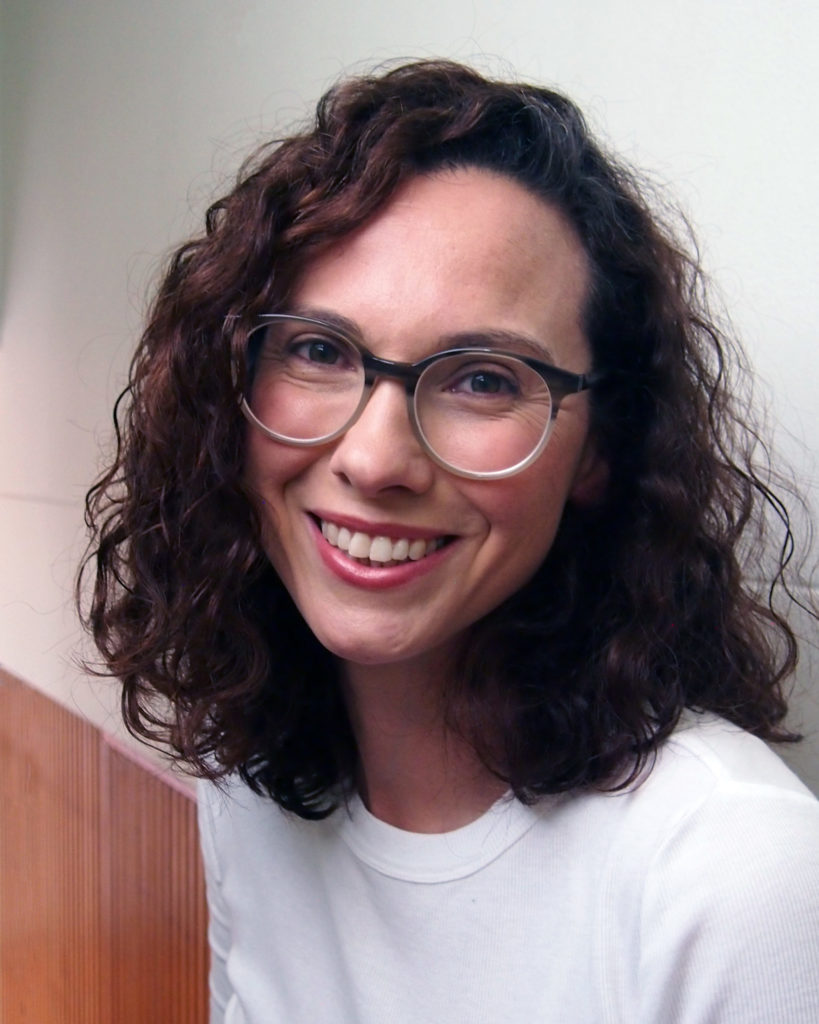
Writing a Novel is a practical course. Each week, our tutors Kathryn & Margo would break down a different element of fiction writing and give us exercises and techniques to try. Sometimes it felt like they were packing our bags for us. ‘And this! You’ll never know when you’ll need this!’
They taught us that writing a novel is a long process, and it’s not always linear. If I’m honest, that was what scared me in the first place, the sense that I had no idea where I was going. I’d already abandoned one project. Could I see this one through? Kathryn and Margo’s approach was reassuring. Every project has its own challenges. Their focus was on equipping us with a range of techniques, strategies and processes so that we always had ways to move forward with our work. At the end of these weeks, I feel much more confident—maybe not Bear Grylls but at least I’m no longer freaking out about the no-map situation.
The one-on-one mentoring sessions were invaluable. They weren’t so much about grading your work as seeing where you might be stuck and steering you to the next foothold. All I can say is they were both very patient with me, and I’m grateful.
The guest sessions were also eye-opening. In one, Malcolm Knox casually mentioned something about his 18th draft, and everyone on the Zoom went very, very still for a moment. Kate Forsyth also showed us just how much talent and dedication is required to earn a living as a full-time author, and agents and publishers spoke to us about the industry and what editors are really looking for.
The first stage of the course was run online, with in-person Saturday sessions every month at the Allen & Unwin offices. That really felt like the best of both worlds. By the time the second stage rolled around, Sydney was in lockdown again. We had a great group, working on everything from domestic noir to speculative fiction, and we missed the Saturdays. That side of things quickly moved into a WhatsApp group, where we road-tested synopses (harder than you’d think!), celebrated wins, and shared tips and info. I’ve gained a lot, and it’s been a real privilege to learn with and from them.
With lockdown, I haven’t quite hit the goal I’d set myself, but I’m close. I also have a sense of confidence and purpose that I didn’t before, and a better understanding of fiction and self-editing skills. I really don’t think I could have come this far, in this space of time, on my own and I feel very thankful to have been part of the 2021 Writing a Novel course. I know I’ll be returning to my class notes for years to come.
Applications for 2022 Faber Writing Scholarships close at midnight on Friday, 29 October 2022.
Full details here.